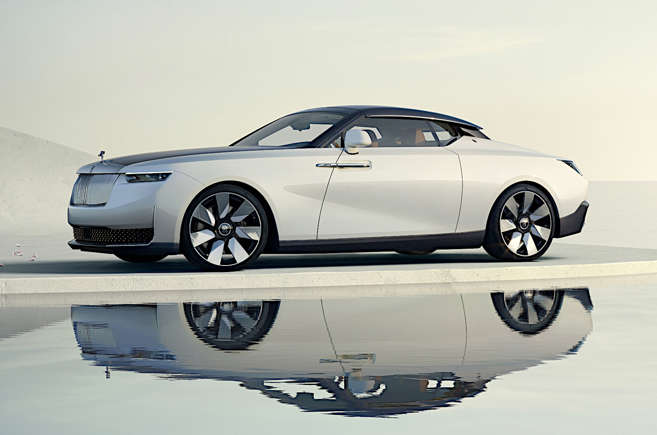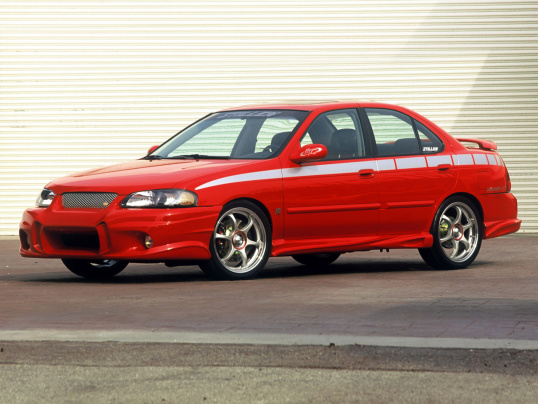Purchasing a car is a significant decision that impacts your daily life and financial health. This guide demystifies the car-buying process, equipping you with essential knowledge to make a well-informed decision that aligns perfectly with your lifestyle and budget.
Essential Steps to Budgeting for Your New Car
- Set a Clear Budget: Begin by defining how much you can afford. Assess your finances thoroughly; calculate your monthly income against expenditures to understand your disposable income. Remember, the cost of car ownership extends beyond the sticker price—it includes taxes, insurance, maintenance, and fuel costs.
- Factor in Additional Costs: When setting your budget, include all potential expenses. Taxes, insurance premiums, and registration fees can significantly affect the overall cost. Using online calculators can help estimate these costs and integrate them into your financial plan.
- Explore Financing Options: Decide whether a car loan or a lease makes more sense for your financial situation. Car loans are great for those who want to own their vehicle outright, while leases offer lower monthly payments and the flexibility of easily upgrading your car at the end of the lease term.

Identifying Your Car Needs
- Understand Your Driving Habits: Analyze how you plan to use the car. Do you need a vehicle for a long daily commute, or for occasional driving? Consider fuel efficiency if you drive long distances regularly.
- Match the Car to Your Lifestyle: If you have a family, look for cars with ample space and safety features. For adventure lovers, an SUV might be appropriate. Urban dwellers might prefer a compact car for easier parking and navigation in tight spaces.
- Choose the Right Type of Vehicle: Whether it’s a sedan for efficiency, an SUV for versatility, or a crossover for the best of both worlds, the type of car you choose should reflect your lifestyle and driving needs.
Making an Informed Decision: New vs. Used Cars
- Pros and Cons of New vs. Used: New cars come with the latest features and full manufacturer warranties but depreciate quickly. Used cars are more affordable and depreciate less rapidly but might come with out-of-date technology and little to no warranty.
- Long-Term Value and Cost of Ownership: Consider depreciation rates, potential resale value, and the cost of maintenance. Some cars are known for their durability and low maintenance costs, which can save money in the long run.

Deep Dive into Research
- Research Models Thoroughly: Use online resources to compare different models based on features, reliability, safety ratings, and fuel efficiency. Forums and review sites can also provide insights from real owners.
- Importance of Test Drives: Always test drive a car before buying. This helps you feel the car’s handling, comfort, and suitability to your needs. It’s also the best time to check for any potential issues with the vehicle.
Navigating Financing and Insurance
- Securing the Best Financing Deal: Shop around for the best interest rates and terms. Don’t hesitate to negotiate with lenders or dealerships to get the best possible financing conditions.
- Understanding Insurance Costs: Insurance costs can vary dramatically based on the car model, your driving history, and even your location. Get quotes from multiple insurers to ensure you find the best rate.

Negotiation and Finalizing the Purchase
- Master the Art of Negotiation: Armed with thorough research about the car’s value, you can negotiate confidently. Understand the dealer’s incentives and be prepared to walk away if the deal doesn’t meet your expectations.
- Reviewing Contracts Carefully: Read all paperwork thoroughly before signing. Ensure that all terms discussed are clearly stated in the contract, including warranty details and any services the dealer has promised.
By following this detailed guide, you are well on your way to making an informed car purchase that fits your budget and lifestyle. Remember, the key to a successful car buying experience is preparation. Equip yourself with knowledge, and you’ll be driving your new car with confidence and satisfaction.



